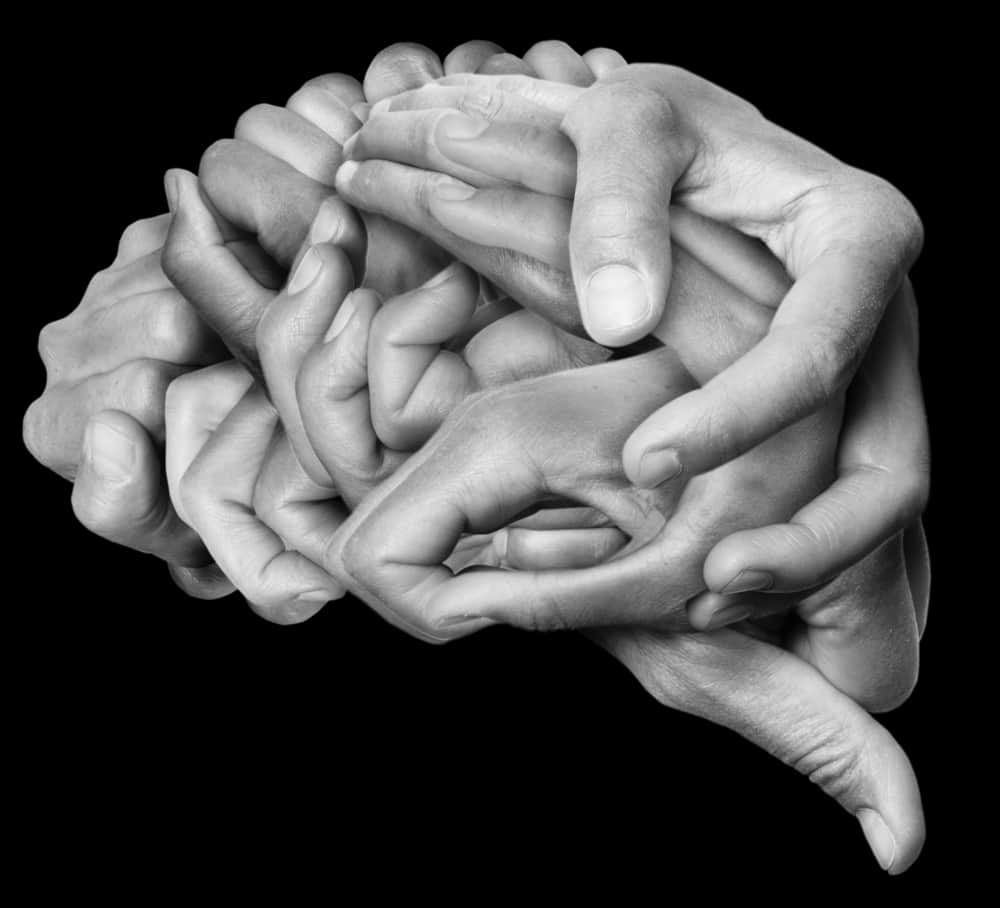When it comes to eating disorders, there are many aspects of these mental health conditions that can be misunderstood. The symptoms of eating disorders can be misconstrued to be something else, which often creates a stigma around these diseases. For example, a woman who might be struggling with anorexia nervosa could be mistaken for being overly concerned about her appearance and body size. In this case, restrictive eating habits could be seen as vanity, when in reality, these behaviors are part of a deadly mental health condition.
Restrictive eating habits could be seen as vanity, when in reality, these behaviors are part of a deadly mental health condition.
Understanding the Factors That Influence Eating Disorders
On the surface level, eating disorders appear to be issues that revolve around food and eating, but in actuality, there are many different factors that contribute to the destructive eating habits that are often associated with eating disorders. These factors can include but are not limited to:
- Biological influences, such as genetics, hormonal dysregulation, and neurobiology abnormalities
- Environmental conditions, including exposure to traumatic incidents and diet culture
- Psychosocial factors, such as lack of social/family support and the presence of other mental health issues, like anxiety or depression
An important thing for eating disorder sufferers and their loved ones to realize is that there are many aspects of these illnesses that are not preventable, predictable, or controllable. The good news, however, is that eating disorders are treatable, and a full and long-lasting recovery is possible with a comprehensive approach that addresses the many components of mental illness.
One promising aspect of eating disorder research has looked specifically at how the brain can be treated to support overall healing from these psychiatric conditions. Studies have found that brain anomalies are connected with the development of eating disorders, such as anorexia nervosa and binge eating disorder [1]. Research in this area has also identified the direct connection between neurobiology and abnormal food behaviors associated with eating disorders, such as restriction and binge eating.
Understanding the neurobiological influence on eating disorders warrants an aspect of treatment that can help address these brain anomalies, in conjunction with traditional treatments, like psychotherapy and medication. This is where neurofeedback can play a role in restoring healthy cognition and eating behavior.

Neurofeedback in the Treatment of Eating Disorders
At The Meadows Ranch, we are proud to offer holistic and evidenced-based treatment for a comprehensive approach to eating disorder recovery, including neurofeedback through our innovative brain center. While it might sound intimidating at first, neurofeedback can be an effective treatment for helping a person function better by improving self-regulation. Eating disorder behaviors are often perpetuated because there is a disconnect between the body and the brain, which is why many individuals can’t put a stop to their behaviors on their own, no matter how destructive the eating disorder might be.
Neurofeedback therapy is a powerful tool in the treatment of eating disorders because it involves direct training of brain function, by which the brain learns to function more efficiently. For someone struggling with an eating disorder, neurofeedback therapy can help address some of the root causes of brain dysregulation, which may mean an improvement in such conditions as:
- Behavioral disorders
- Addictive Behaviors
- Depression
- Anxiety
- Emotional disturbances, and more
“Neurofeedback is an evidence-based treatment that has been shown to help with many symptoms associated with eating disorders. Some of the benefits include mood stabilization, increased energy, improved clarity, and regulated sleep.”
According to Mike Gurr, Executive Director at The Meadows Ranch, “Neurofeedback is an evidence-based treatment that has been shown to help with many symptoms associated with eating disorders. Some of the benefits include mood stabilization, increased energy, improved clarity, and regulated sleep.”
Executive Director of The Meadows Ranch, Mike Gurr, joins host David Condos to discuss the life-and-death situations facing women with eating disorders and how his team helps patients and their families build a sustainable, healthy relationship with food.
As eating disorder symptoms improve with neurofeedback, many patients find that this can make other traditional aspects of their treatment more effective to improve overall outcomes. Neurofeedback can be an integral part of comprehensive eating disorder treatment that also includes psychotherapy, medical nutrition therapy, meal plan support, and more.
How Neurofeedback Can Support Eating Disorder Recovery
Sustaining eating disorder recovery for the long term involves the development of effective coping mechanisms to keep maladaptive behaviors at bay. Neurofeedback can help individuals in stop eating disorder behaviors, such as purging and excessive exercise, as they are able to relearn the control they have over their bodies through treatment.
“The Meadows Ranch also provides CES (Cranial Electrotherapy Stimulation) devices, approved by the FDA, to assist clients who have low alpha brain waves, which is common with eating disorders,” notes Mr. Gurr. “Studies have shown these devices can help raise alpha waves especially well when combined with neurofeedback sessions. Low alpha can cause many symptoms such as anxiety, OCD, exhaustion, and insomnia. Clients will notice improvement almost immediately and start to feel more rested, which in turn will help improve moods such as anxiety and depression.”
Understanding the complexities of eating disorders along with the unique situations a person may have supported the need for treatment to be both comprehensive and individualized. At The Meadows Ranch, we offer innovative therapies for eating disorder treatment that addresses body, mind, and spirit, allowing each person that comes through our programs the opportunity to find complete healing and long-lasting recovery.
If you are interested in learning more about how we integrate Neurofeedback in our eating disorder treatment program, please connect with our admissions department today!
References:
[1]: D. Val-Laillet, et al. Neuroimaging and neuromodulation approaches to study eating behavior and prevent and treat eating disorders and obesity. NeuroImage: Clinical (8):1-31, 2015. https://www.sciencedirect.com/science/article/pii/S2213158215000583 Accessed 23 Dec 2018
